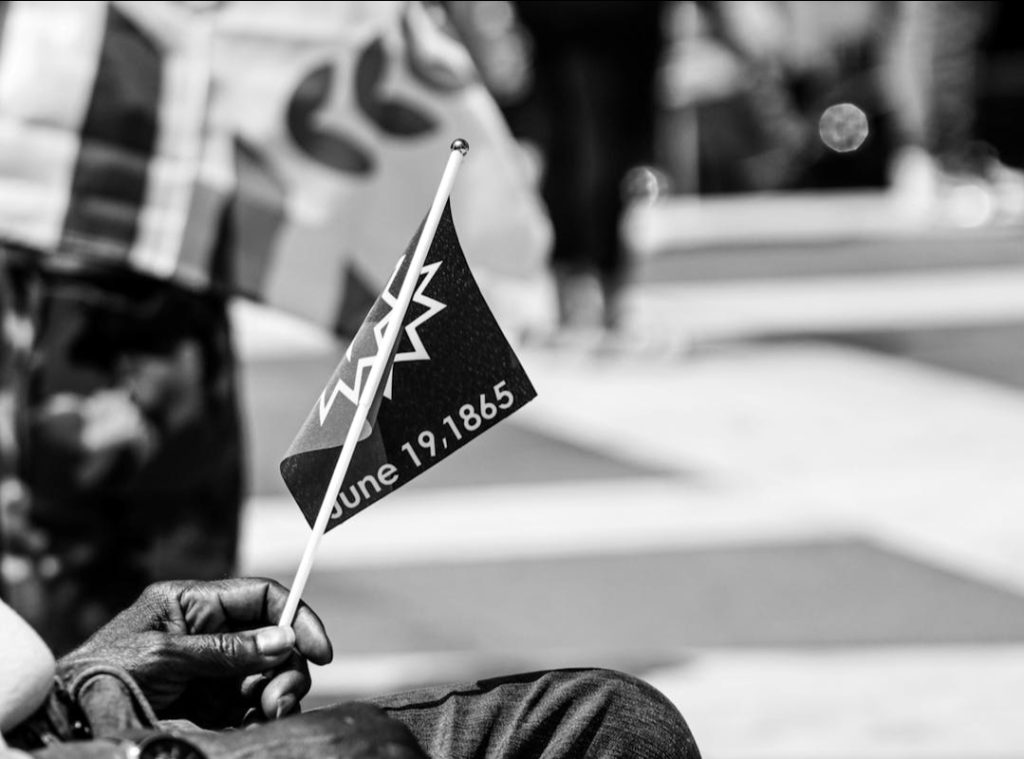One summer in fourth grade, I pretended to be Santa Claus. I sat at a table with five other kids and the teacher called out a character for us to play. One person maniacally laughed as they sneaked into the room as an evil mad scientist, the “mwahaha” kind. I laughed a belly laugh like Santa Claus, a “ho-ho-ho.” Pretending to be someone else and watching others do it was fun. However, it was more than playing pretend. Theatre and acting in general are so much more than one may think.
Over the years, I have grown as an actor and as a person because of theatre. I’ve learned how to understand and work with different people while having the opportunity to play different characters in a theatre production. I see the importance of the arts and how the arts shape my life. I see the many skills theatre has taught me and will continue to teach me.
What is theatre? According to Collins Dictonary.org, “Theatre is entertainment that involves the performance of plays.” That is a precise definition, but theatre is more than that. There are many skills that participating in theatre teaches, such as relatability, collaboration and community, motivation, time management, promptness, adaptability, and more.
Here are some skills I’ve learned from theatre:
- Relatability
When I started theatre in college, I understood more specifically why I loved it. It offered me a chance to play relatable characters. I realized this when I played Annelle in Steel Magnolias. I could relate to Annelle’s shyness and her attempt to find herself by working at a hair salon. I discovered more about myself through her journey during that time. Theatre helped me uncover experiences and viewpoints I have yet to think about. I can reflect on myself when I play a character different from me, such as an evil pirate. All characters in a play live in their own world, and theatre allows me to find and be a part of those different worlds.
- Collaboration and Community
Theatre is a community. Even when I work in a small production, I trust the other people because we’re all responsible for creating the show. The people backstage and the technical crew are just as crucial to the show as the actors. When I was a dresser for a production of The Wizard of Oz, I helped the actors with their costumes and getting back on stage.
The dressers assist the actors, allowing the show to continue smoothly. As a dresser, I have to know which costume the actor needs to put on and how quickly I can help them change into it. I have to be organized and prepared for when the actor goes backstage to change. Then, I need to have parts of their costume ready and help them get into it quickly so they don’t miss their entrance on stage.
The actor and the dresser must trust each other for the actor to make a timely entry on stage. Theatre is collaborative. No matter what role someone plays, a theatre production is only successful when each person does their part.
- Motivation
Theatre requires a lot of motivation because it is a lot of work. I work on my lines, help build the set (scenery, wooden stage, etc.), costumes, and so much more, and those things can be tedious. However, finding motivation helps me work through the hardships because I know it will lead to a finished show.
- Time Management
Theatre is a balancing act. It requires a lot of time. As a student, I must make time for rehearsals, classes, and other activities done outside of theatre. Somedays, theatre rehearsals run from 6 pm to 10 pm. Depending on the class I have that day, I start my day at 6 am and end it at 10 pm. So, I must have time management skills to keep up with everything in order to meet deadlines, finish my homework, and fulfill my other commitments. I’ve learned to use a planner to track my schedule and activities to make sure I get everything done for the day.
- Promptness
I need to be on time or even early for rehearsals, call times, and performances. If I don’t show up on time, it not only reflects badly on me but also delays the show or rehearsal. Depending on the role, if someone is late, everyone has to wait for that person before starting rehearsals. Therefore, being on time demonstrates a commitment to the show and allows the show to start on time.
- Adaptability
Sometimes, things can go wrong during the show, and it’s important to adapt. For instance, as an actor, if I miss an entrance on stage or break a prop, I still must continue with the show. There is a lot happening before, during, and after the show, and adaptability has helped me learn to accept change, be open to trying something different, and quickly adjust if the director takes the show in a new direction—such as switching the dance choreography for a musical.
These are just a few skills I’ve learned from theatre, and I’m sure I’ll learn more. They have shaped my life as a performer in theatre and I have used them in my own life, outside of theatre.
Her Nexx Chapter invites you to join our free Community where women from around the world are connecting with each other’s stories, exploring different experiences, and transforming ideas.
The Future of Connection for Women








0 Comments